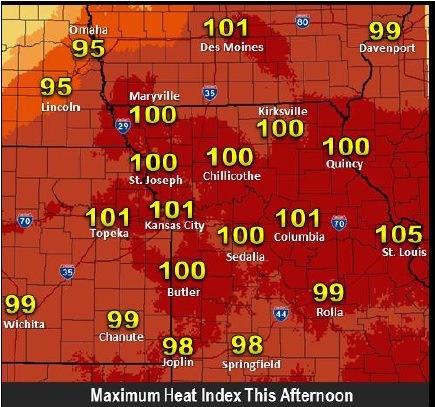More than 1.5 million Americans suffer with lupus, a chronic autoimmune disease that causes such symptoms as painful swelling of the joints and inflammation of the major organs including the heart, lungs, kidney and brain. There has been little advancement in treatment for lupus until recently with a breakthrough in medications.
On Saturday, Sept. 6, a free lupus seminar will be held from 9 a.m. to noon at the Kauffman Foundation Conference Center, 4801 Rockhill Road, Kansas City, Mo. Sponsored by the Alliance for Lupus Research and its Greater Kansas City Walk with Us to Cure Lupus walk, the seminar will provide the very latest information about Lupus treatment and research into a cure. Lunch will be provided and parking is free.
The seminar is part of the ALR’s educational efforts and outreach in the Greater Kansas City area. It is a “warm up” event for Kansas City’s Walk to Cure Lupus that will take place on Saturday, Oct. 11, at the T-Bones Stadium at CommunityAmerica Ballpark located at the Legends in Kansas City, Kan. Former Kansas City Chiefs Eddie Kennison is the walk chair; Kennison’s wife Shimika has lupus.
The seminar will include presentations by several local physicians. Topics include:
• Management of common lupus symptoms
• Current medicals for lupus
• Current and new potential treatments for lupus
• What is known about the cause of lupus
• Cardiovascular risk with lupus and what can be done about it
Those interested in attending should RSVP to Leslie Crouch with ALR at [email protected] or call 800-867-1743 ext. 6105. Provide first and last name and a phone number where you can be reached.
Eddie Kennison, who retired from the Kansas City Chiefs in 2010 after 13 years in the NFL, was one of the Chiefs’ most philanthropic players. Kennison started his own foundation, Kennison’s QuickStart Foundation, in 2003 after Shimika was diagnosed with Lupus and entered into a formal partnership with the ALR and continues to chair the ALR’s Greater Kansas City area annual walk, Walk with Us to Cure Lupus.
One hundred percent of the proceeds raised by the ALR Walk go to support lupus research because the ALR board of directors funds all administrative and fundraising costs. To register for the Kansas City Lupus Walk or make a donation, please visit www.lupuswalkkc.org.
Systemic lupus erythematosus (SLE, or lupus) is a chronic autoimmune disease that can affect the joints and almost every major organ in the body, including the heart, kidneys, skin, lungs, and brain. As many as 1.5 million people in the United States have lupus which affects mostly women during childbearing years, though men and children can have the disease. Lupus is three times more common in African-American women than in Caucasian women and is also more prevalent in women of Latino, Asian, and Native American descent.

